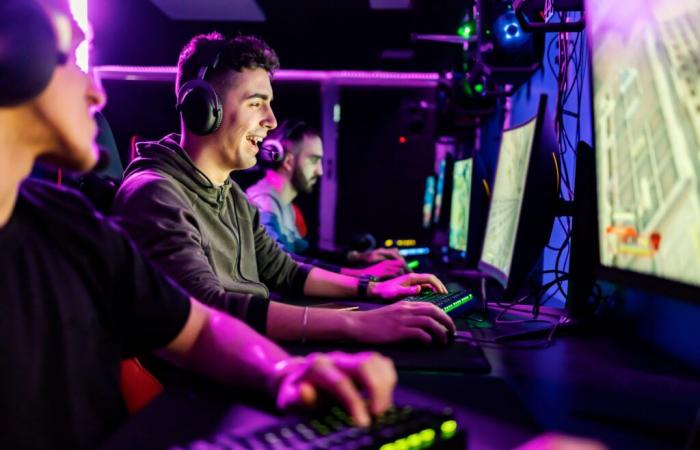A study shows that adolescents exposed to simulated gambling in video games have an increased risk of developing real-life gambling behaviors one year later.
C Adobe Stock
The study, carried out in Flanders over three years, followed 2,300 young people aged 12 to 17. It focused on gambling elements integrated into video games, such as loot boxes, wheels of fortune and simulated casino games. These mechanisms attract young people, offering them virtual winnings or advantages in the game in exchange for a stake, sometimes monetary.
The results reveal that eight out of ten adolescents play video games regularly, and that among them, 60% participate in activities related to games of chance or money, despite their prohibition for minors. Betting with friends and scratch games top the list of reported practices.
An ecosystem to monitor
Rozane De Cock, researcher at KU Leuven, emphasizes that exposure to gambling in video games pushes adolescents towards real-life practices. “It starts with gambling integrated into video games and their ecosystem, and then translates into an increase in gambling propensity and actual gambling behavior a year later,” she says. On the other hand, the opposite has not been observed: young people who engage in real money games do not automatically turn to video game elements.






